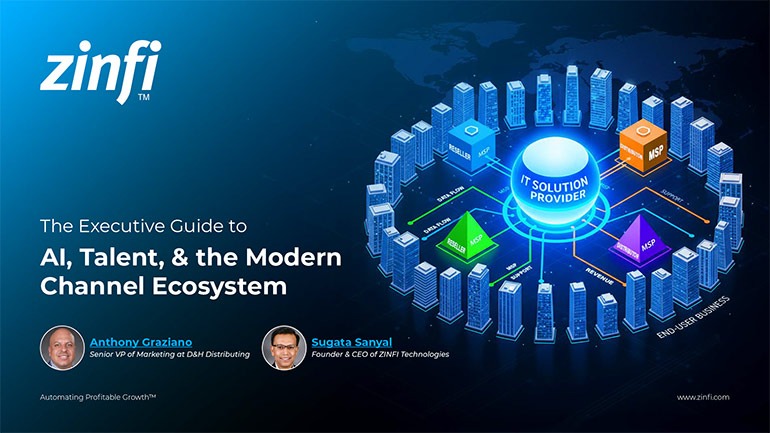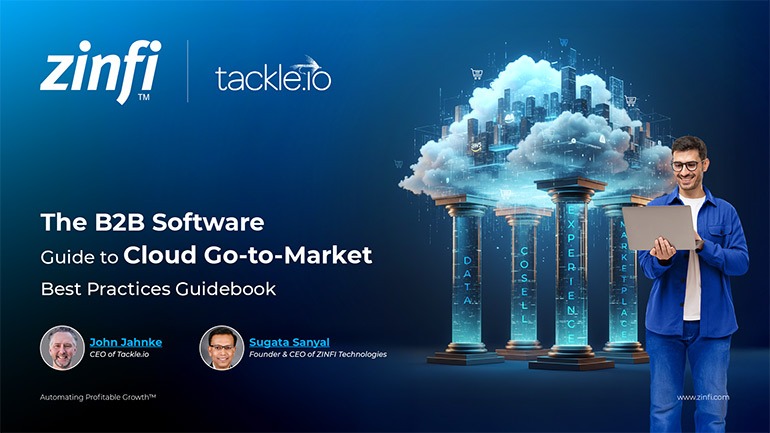Best Practices Articles

5 Mistakes of Deal Registration Programs
Most companies selling through an open channel tend to implement deal registration programs. While some deal registration programs are helpful and actually help channel partners close deals and serve their own interests, many programs are inward-looking initiatives that don’t seriously take partners’ core business goals into account. In this article, we will briefly discuss why most deal registration programs fail and explain some of the fallacies associated with them.
Failure of most deal registration programs can be attributed to one or more the following reasons:- Complex process – Most deal registration programs have too many steps or hurdles for partners to deal with. These programs tend to fail because going through the burden of protecting an opportunity outweighs the risk of losing it. If the deal registration process involves more than a simple form and a few approval steps, chances are that partner organizations have decided the extra effort is not worth it and they don’t participate.
- Small deals – Unless there is a large service component attached to a specific opportunity and the partner (reseller) who fails to register the deal stands to lose a large amount of services revenue, the 15%–20% commission may not be enough of an incentive for a partner to register. That’s why thinking through how your partners make money and what their financial incentives is a good foundation for planning a deal registration program.
- Lack of automation – In today’s world, it is surprising to see many companies are still using archaic tools like Excel and email for the deal registration review and approval process. This is not only inefficient, but also fails to provide sufficient transparency to partners. Faced with a complex approval process that lacks full transparency, partners tend to skip. Vendors who deploy a simple lead management and deal registration automation platform can eliminate this friction completely.
- Allowing direct sales to poach the deal – Channels have everlasting memory. If a company has ever violated a deal registration program by shifting an opportunity from the indirect (channel) sales team to its direct sales team, the word gets out very quickly. Fear of losing an opportunity to a vendor’s direct sales team will last forever. This is why it is usually better in the long run to give an opportunity to a partner than to get into a situation where your sales team is competing with the channel.
- Failure to truly protect the deal – Finally, vendors sometimes fail to keep their promises in protecting a deal. When an end-user decides for some reason or other they would like to switch to a different partner-based provider in the midst of their selection process, too often vendors jump in to make the switch happen rather than trying to work with the first partner to resolve the issue or conflict. While in the end buyers have the right to choose the provider they prefer, a vendor also needs to play the referee sometimes to make sure there are proper business reasons for the switch rather than a personnel-based issue that is getting in the way.
For more information, please check this article.
Best Practices Guidebook
 Modernizing Channel Marketing: AI and Ecosystem Enablement Best Practices
Modernizing Channel Marketing: AI and Ecosystem Enablement Best PracticesDownload for FREE
 The Channel’s Shift to Partner-Led With AI Best Practices
The Channel’s Shift to Partner-Led With AI Best PracticesDownload for FREE
 Hyperscalers, ISVs, and AI: Shaping the Future of B2B Software Distribution
Hyperscalers, ISVs, and AI: Shaping the Future of B2B Software DistributionDownload for FREE
 Definitive Guide to a Partner Ecosystem-First Sales Strategy
Definitive Guide to a Partner Ecosystem-First Sales StrategyDownload for FREE
 The Partner-Led Digital and AI Transformation Best Practices
The Partner-Led Digital and AI Transformation Best PracticesDownload for FREE
 Startup Talent Recruitment: Hiring Missionaries, Not Mercenaries
Startup Talent Recruitment: Hiring Missionaries, Not MercenariesDownload for FREE
 The Future of Partner Relationship Management with AI in Partnerships
The Future of Partner Relationship Management with AI in PartnershipsDownload for FREE
 Cybersecurity for the 99%: Strategies from the Frontline
Cybersecurity for the 99%: Strategies from the FrontlineDownload for FREE
 Mastering Partner Relationships: A Strategic Approach to Business Growth
Mastering Partner Relationships: A Strategic Approach to Business GrowthDownload for FREE
 Mastering Partner Relationship Management: Keys to SaaS Channel Success
Mastering Partner Relationship Management: Keys to SaaS Channel SuccessDownload for FREE
 Navigating the AI Revolution: Guide for Partners in the Microsoft Ecosystem
Navigating the AI Revolution: Guide for Partners in the Microsoft EcosystemDownload for FREE
 Mastering the Modern Buyers Journey: Sales Leader’s Guide to AI & Engagement
Mastering the Modern Buyers Journey: Sales Leader’s Guide to AI & EngagementDownload for FREE










